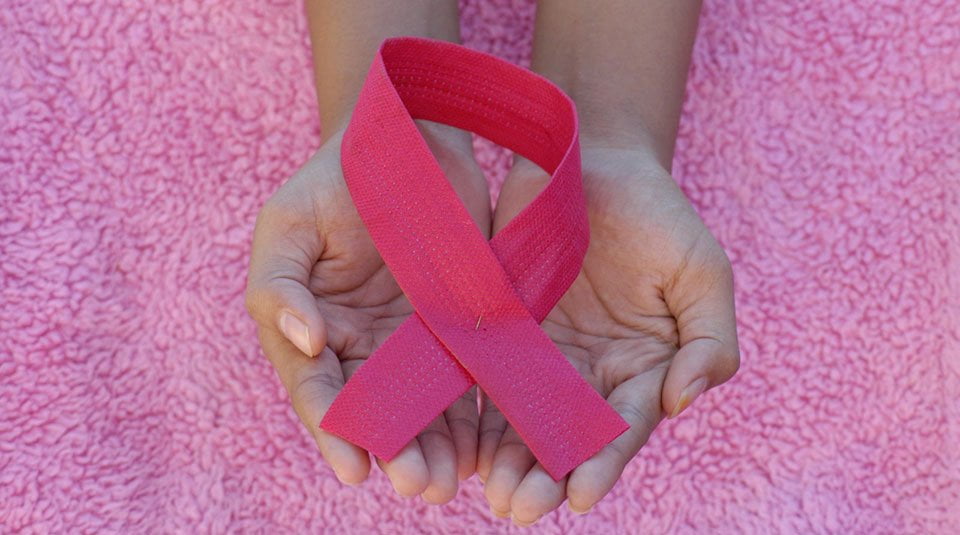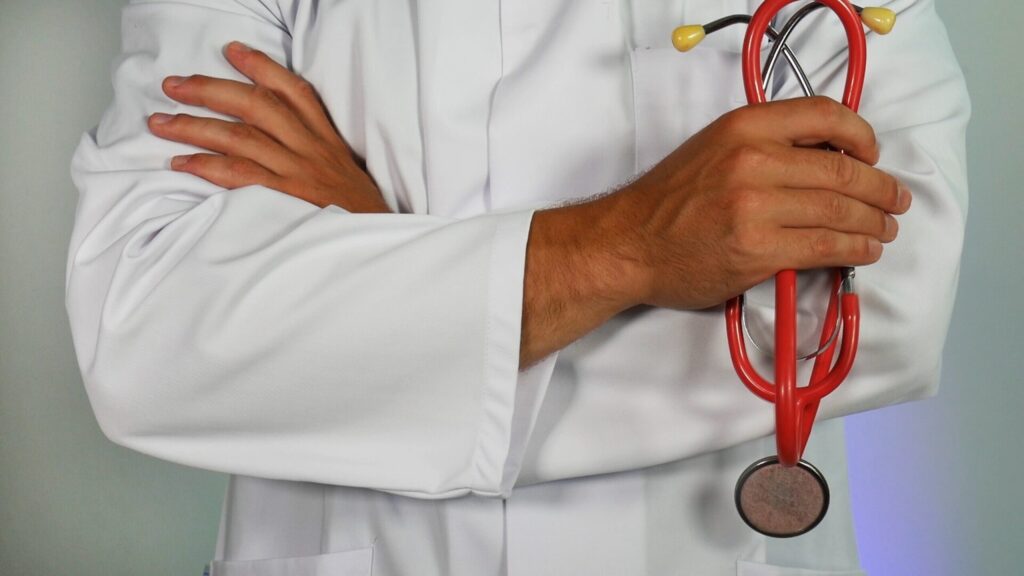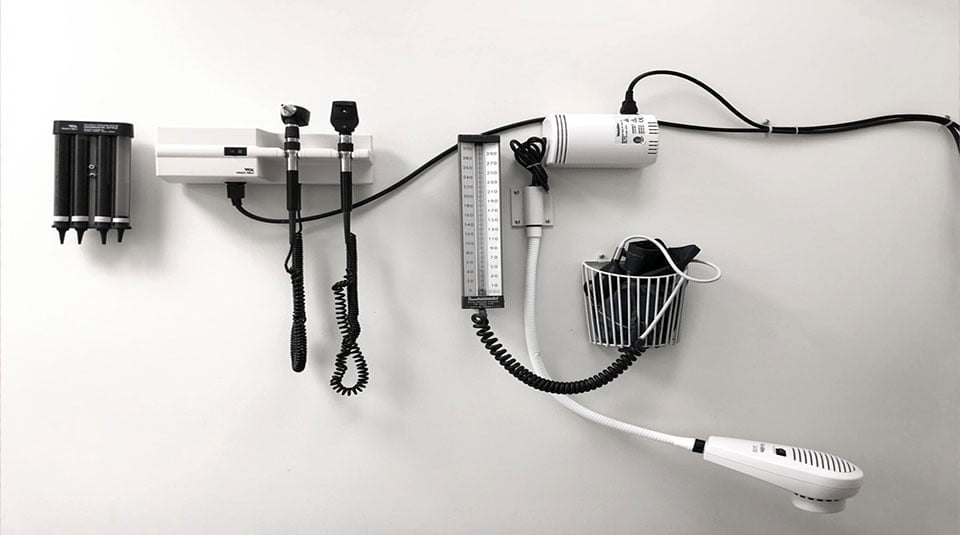
Each year in the United States, more than 14,000 women are diagnosed with cervical cancer. Although cervical cancer is one of the most preventable cancers, it remains the fourth most common cancer in women worldwide. HPV, the human papillomavirus, is a viral infection that is responsible for nearly 99% of cervical cancers.
HPV is transmitted through skin-to-skin sexual contact, including vaginal, anal, and oral sex. There are over 100 different strains of HPV, and most people can fight off the virus without long-term consequences. However, there are several strains of the virus that have been known to have more serious consequences, including cervical cancer. Cervical cancer is highly preventable and, in most cases, can be easily treated if caught early.
So, what can you do to decrease your risk of cervical cancer? Here are a few simple things you can do to reduce your risk of cervical cancer and promote cervical health.
Get Vaccinated
Most strains of HPV are relatively low risk and do not cause cervical cancer. On the other hand, there are a few higher-risk viral strains to be aware of. Gardasil 9 is an FDA-approved vaccine used to prevent contracting nine of the most severe strains of the HPV virus. The HPV vaccine protects against these nine strains of the virus…
- HPV-16 and HPV-18, which are responsible for 80% of cervical cancers.
- HPV-6 and HPV-11, which result in 90% of genital warts cases.
- And HPV types 31, 33, 45, 52, and 58. These strains have been linked to an increased risk of cancers of the cervix, anus, vulva, penis, and throat.
The first dose of the vaccine should be given to adolescents between the ages of 11 and 12 (and as early as age 9). The second vaccine should be administered 6-12 months after the first dose. If the first vaccine is given after the age of 15, it is recommended to receive three doses of the vaccine over the course of six months. The vaccine is most effective if given before the adolescent engages in sexual activity. The vaccine can be given to anyone before age 26 and to certain people up to age 45.
If you want more information regarding HPV vaccination, speak to your provider at John’s Creek Primary Care!
Practice Safe Sex
Participating in safe sexual practices can reduce your risk of contracting sexually transmitted diseases and developing cervical cancer. To prevent contracting HPV, it is recommended to delay sexual intercourse until the later teenage years or older and limit the number of sexual partners you have. Condoms can prevent the transmission of all sexually transmitted infections including HPV if used correctly.
Cervical Cancer Screening
Cervical cancer screening is recommended through routine pap smears. Pap smears are recommended to all women between the ages of 21 and 65, regardless of sexual activity, and are done every 3-5 years. You may require more frequent pap smears if you have certain risk factors such as…
- A previous diagnosis of cervical cancer
- A history of abnormal pap smears
- HIV infection
- A weakened immune system
- A history of smoking
Cervical cancer screening by pap smear is a routine procedure completed at your doctor’s office with little to no discomfort. You can learn more about cervical cancer screening by contacting your primary care provider at Johns Creek Primary Care.
These three simple steps can significantly reduce your risk of contracting HPV and developing cervical cancer. If you have any questions or want more information on cervical health, speak to your doctor at Johns Creek Primary Care.


